Global Food Policy Report 2020: Building inclusive Food Systems

The 2020 Global Food Policy Report focuses on the need to build inclusive food systems, both to ensure that marginalized and vulnerable people enjoy the benefits and opportunities that food systems can bring and to support sustainable development. download: [gview file=”http://afakneswiah.org/wp-content/uploads/2020/07/133857.pdf”]
On the occasion of Eid al-Fitr, women civil society organizations in the Arab States Region join UN Secretary-General António Guterres’s call for ceasefire and unity in the face of COVID-19

for reading and participation: https://docs.google.com/forms/d/e/1FAIpQLScqT4gjOthkB99lentxl1kS3EaIudHGIFS1ZLZg_1zMBEaxgQ/viewform
Strengthening Innovative Solutions to Protect Female Migrant and Refugee Rights
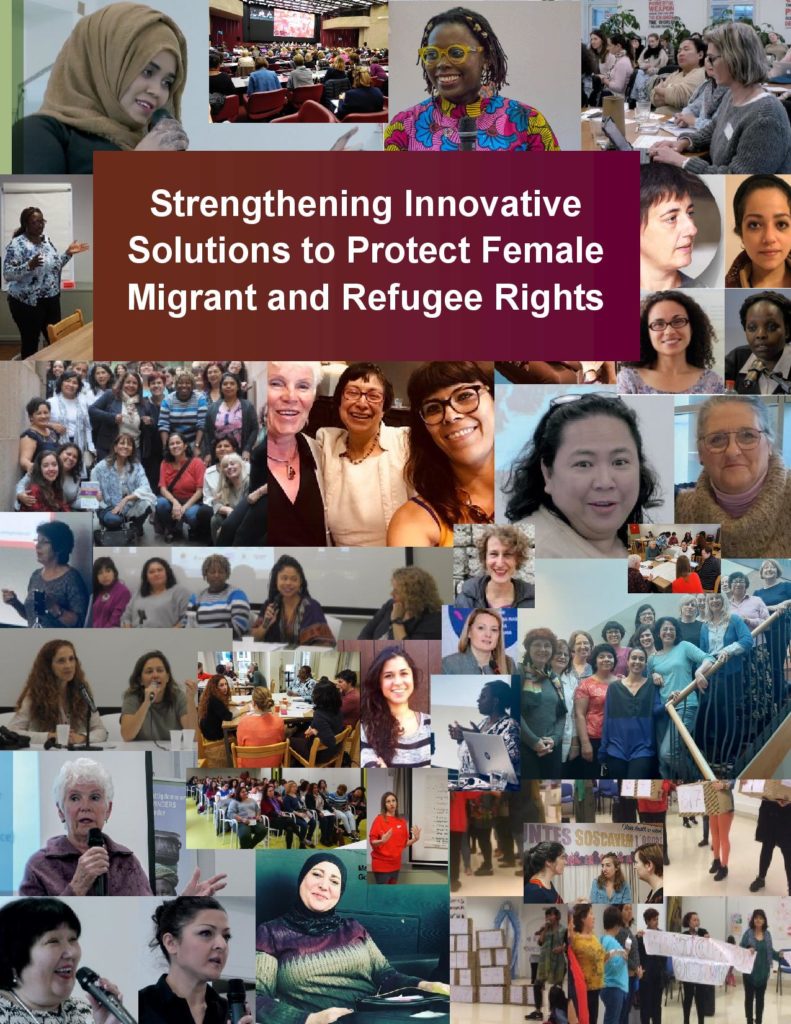
This publication provides innovative solutions and lessons learned from a transnational collaboration among national migrant feminist associations and groups across Europe. [gview file=”http://afakneswiah.org/wp-content/uploads/2020/04/WIDEOSFmigrationpub2020.pdf”]
A DANGEROUS UNSELFISHNESS: Learning from Strike Actions

We are living in an era of unprecedented wealth coupled with unprecedented inequality. Richest one percent of the global population owns the 82% of the wealth created in 2017.2 Sixty nine of the largest 100 economies in the world are corporations and 10 corporations are richer than 180 countries combined. This concentration of wealth is […]
Combating child poverty: an issue of fundamental rights
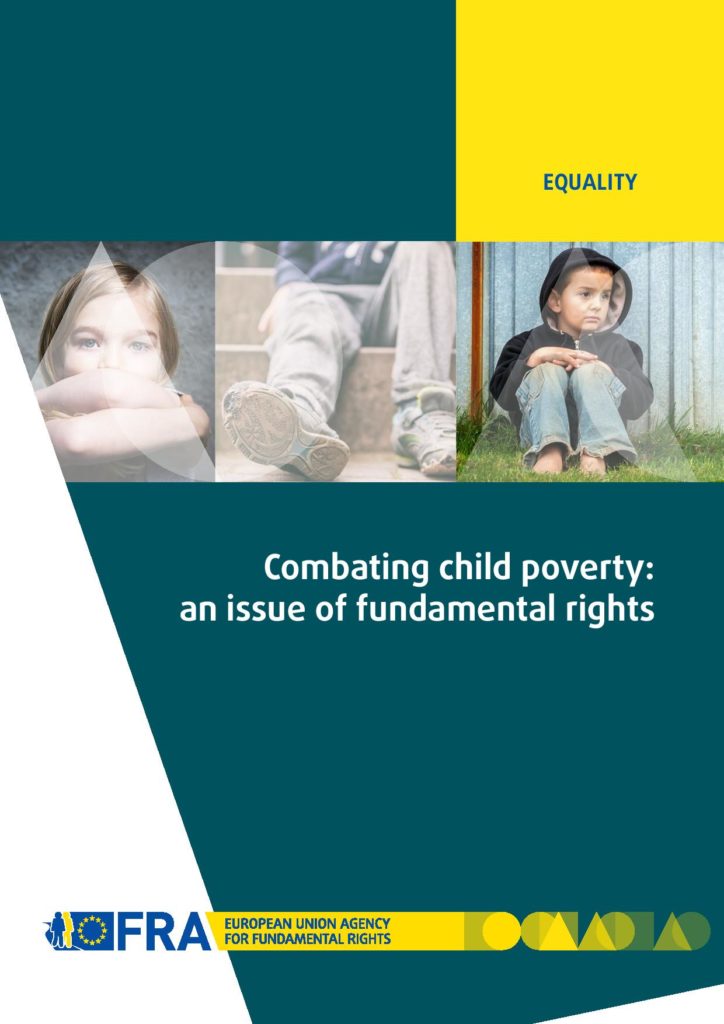
Child poverty can have devastating effects that last long into adulthood. It deprives children of educational opportunities, childcare, access to health care, adequate food and housing, family support and even protection from violence. Play, sports, recreational activities and cultural events are in short supply, too. Breaking this cycle of disadvantage presents a serious challenge, as […]
WHO Consolidated Guideline on Self-Care Interventions for Health
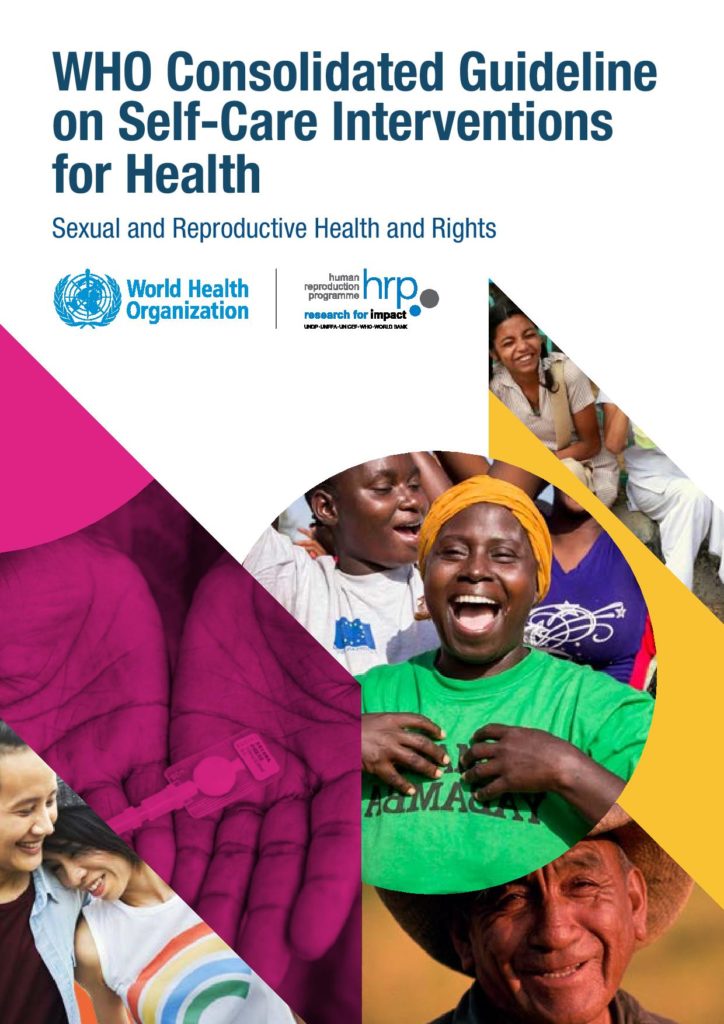
Self-care interventions are among the most promising and exciting new approaches to improve health and well-being, both from a health systems perspective and for people who use these interventions. The World Health Organization (WHO) uses the following working definition of self-care: Self-care is the ability of individuals, families and communities to promote health, prevent disease, […]
STATEMENT Of The EuroMed Feminist Initiative EFI: ZERO TOLERANCE TO VIOLENCE AGAINST WOMEN AND GIRLS
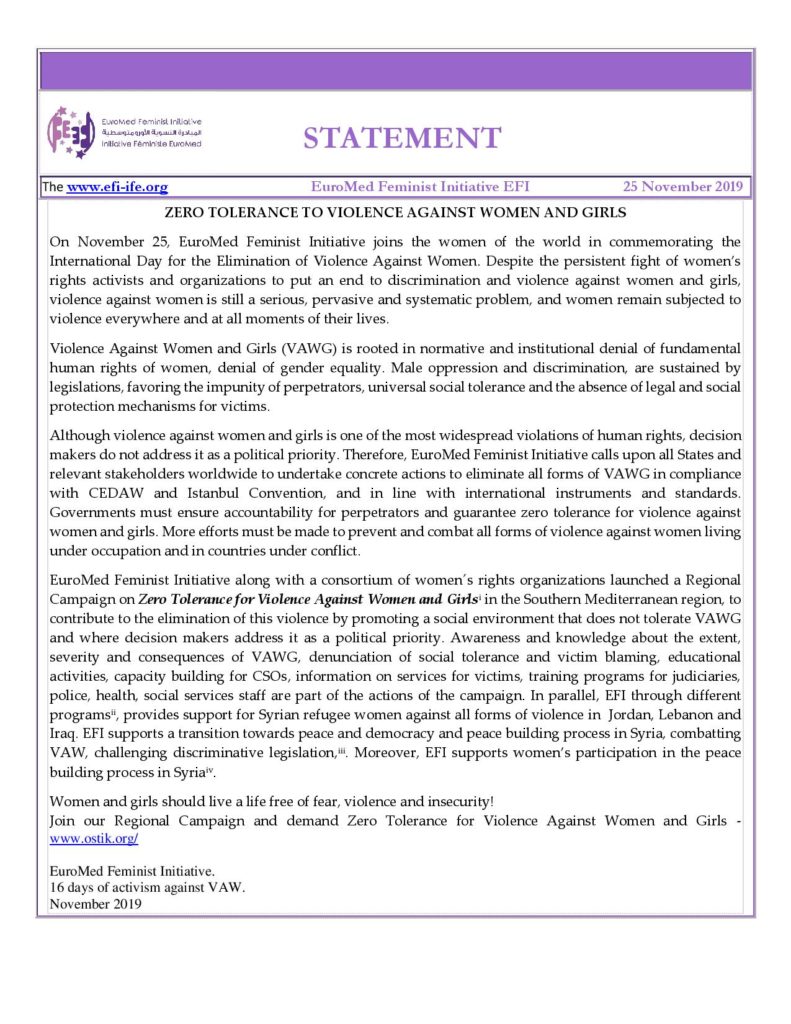
On November 25, EuroMed Feminist Initiative joins the women of the world in commemorating the International Day for the Elimination of Violence Against Women. Despite the persistent fight of women’s rights activists and organizations to put an end to discrimination and violence against women and girls, violence against women is still a serious, pervasive and […]
Violence against women in the EU: State of play
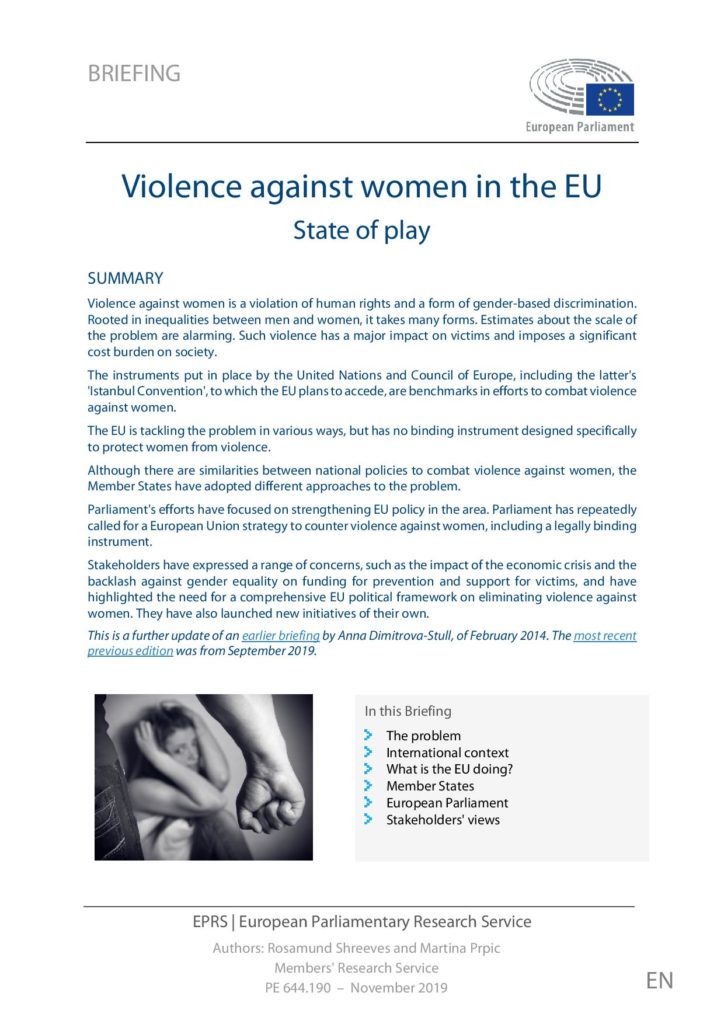
Violence against women is a violation of human rights and a form of gender-based discrimination. Rooted in inequalities between men and women, it takes many forms. Estimates about the scale of the problem are alarming. Such violence has a major impact on victims and imposes a significant cost burden on society. The instruments put in […]
NATIONAL SYSTEMS TO SUPPORT DRINKING-WATER, SANITATION AND HYGIENE: GLOBAL STATUS REPORT 2019 UN-
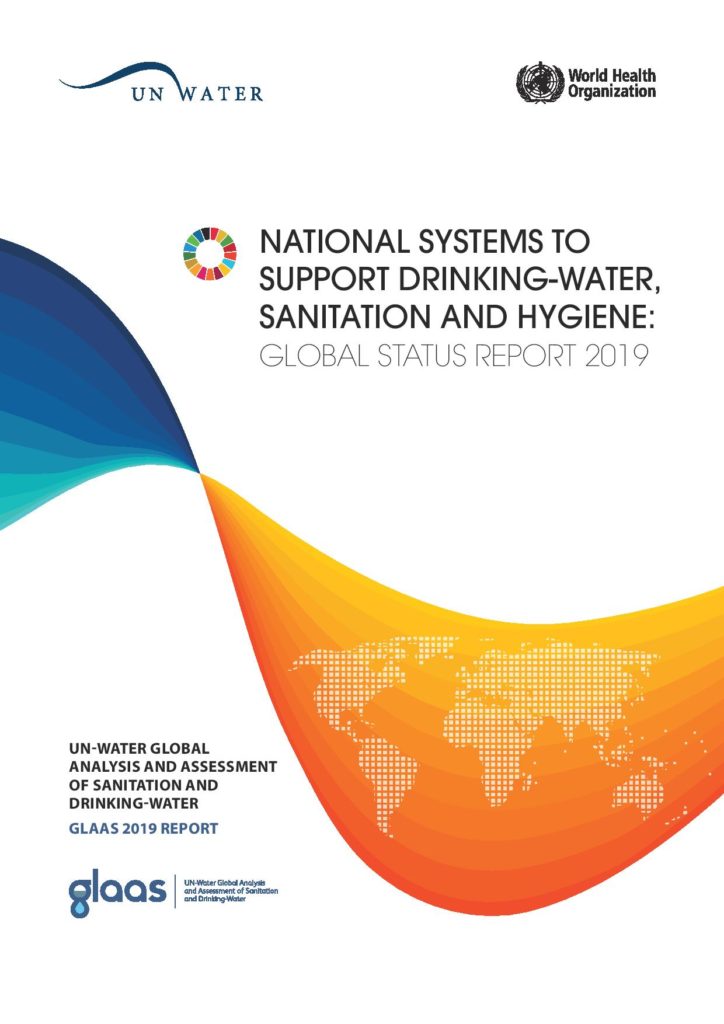
UN-Water coordinates the efforts of United Nations entities and international organizations working on water and sanitation issues. By doing so, UNWater seeks to increase the effectiveness of the support provided to Member States in their efforts towards achieving international agreements on water and sanitation. UN-Water publications draw on the experience and expertise of UN-Water’s Members […]
DELIVERED BY WOMEN, LED BY MEN: A GENDER AND EQUITY ANALYSIS OF THE GLOBAL HEALTH AND SOCIAL WORKFORCE

Demographic changes and rising health care demands are projected to drive the creation of 40 million new jobs by 2030 in the global health and social sector. In parallel, there is an estimated shortfall of 18 million health workers, primarily in low- and middle-income countries, required to achieve the Sustainable Development Goals (SDGs) and universal […]
